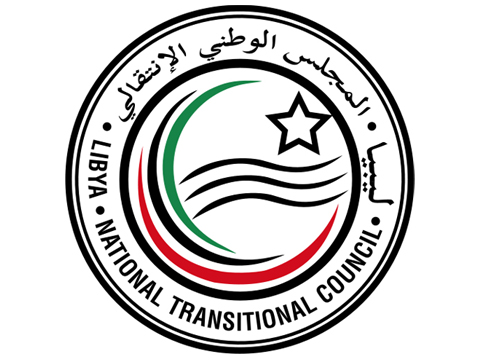
It comes as no surprise that human rights NGOs and those aligned with the International Criminal Court are advocating that Arab Spring states join the ICC. After all, justice and human rights have been central to the uprisings that sprang up last year. One Arab Spring state, Tunisia, already acceded to the Court last June.
In this context, as part of its Universal Ratification Campaign, the Coalition for the International Criminal Court (CICC) recently initiated a targeted effort to get Libya to join the ICC. The CICC, an impressive array of some 2,500 civil society organizations which broadly support the aims of the ICC, released a statement arguing that:
“At a time when sweeping changes are occurring across the Middle East and North Africa (MENA), the Coalition believes that Libya can further strengthen this growing movement in the region towards ending impunity by joining the ICC.”
The Coalition’s Director for Regional Programmes, Brigitte Suhr, noted that joining the court would be in line with hopes for a new human rights respecting Libya:
“Acceding to the Rome Statute would be consistent with the commitment of the government of Libya to uphold human rights as enshrined in its Constitutional Declaration.”
The CICC, along with others urging Libya’s National Transitional Council (NTC) to join the ICC have their work cut out for them. The chances of Libya joining the Court right now are pretty slim. Despite the ongoing question of whether the ICC’s Pre-Trial Chamber will approve of Libya’s plans to try Saif al-Islam Gaddafi and Abdullah al-Senussi in Libya, by Libyans, some, like Chris Stephen, have suggested that the ICC is “the last thing on Tripoli’s mind.”
But just because the Court is not on the NTC’s mind, does not mean that the CICC shouldn’t press on with its aim to put it in the minds of the NTC to sign the Statute. That isn’t the problem. The problem is that demanding that the NTC, an unelected body trying to hold the country together, sign the Rome Statute risks making Libya’s accession to the Court undemocratic.
This is not an attack on the integrity of the NTC or its members. It is expected and legitimate that an unelected transitional authority guides a country from authoritarian rule to democracy, no less after forty years of despotism. Undoubtedly, many of the NTC’s members are doing everything they can to keep the country stable, unified and peaceful despite fragile and precarious circumstances.
That being said, it should be noted that some NTC members have come under sustained attack from citizens for their past allegiances to the Gaddafi regime. Angry at the perceived lack of transparency in the NTC, protesters earlier this year forced the resignation of NTC deputy chief, Abdel Hafiz Ghoga.
Tellingly, an adviser to the interim Prime Minister, Abdel-Rahim el-Keeb, described the NTC as “a government for a crisis…It’s a crisis government. It is impossible to deliver everything.”
As of right now, the NTC’s plan remains to have a general election six months after a Constitution is drafted and approved. It is unclear when that will happen but a general election is supposed to elect a Public National Conference, which will be responsible for drafting a Constitution by June 2012.
While it would be a victory for international criminal justice if Libya became a member of the ICC, it would be a shame if its accession was done without democratic legitimacy.
Only once Libya has succeeded in electing a legislature which reflects the diversity of its political landscape should it decide to sign the Rome Statute. Accession to the ICC by a democratic parliament, made up of elected representatives of Libya’s tribal regions and burgeoning political parties, would lend the accession much more legitimacy.
Importantly, when it comes to the ICC’s role, or potential role, in Libya, there is no need to rush. Even if Libya does not sign the Rome Statute, the ICC can continue to investigate. With Resolution 1970, the country remains under the jurisdiction of the ICC indefinitely as there is no temporal jurisdictional limit that constrains the ICC from investigating crimes committed either during the uprising, now or in the future, so long as Libyan authorities demonstrate an inability or unwillingness to do it themselves. In short, for all intents and purposes, the ICC can consider Libya akin to a member state.
Advocates of the ICC, and human rights more broadly, often claim that international criminal justice and democracy are mutually reinforcing. But they shouldn’t pick and choose when to take that link seriously. Libya should become a member of the ICC. But it shouldn’t happen just yet.
Mark Kersten is creator and author of the blog Justice in Conflict. He is currently a PhD student in the International Relations Department at the London School of Economics, researching on the implications and effects of the International Criminal Court’s investigations on peace processes and negotiations in Libya, Darfur and northern Uganda.
This is a cross-post from Justice in Conflict

